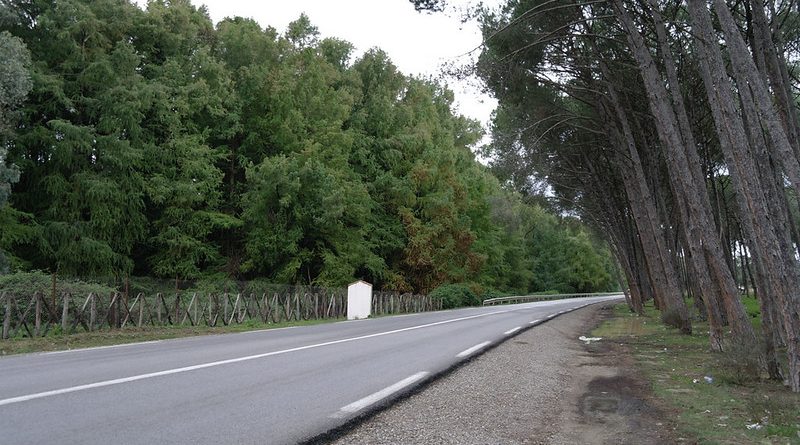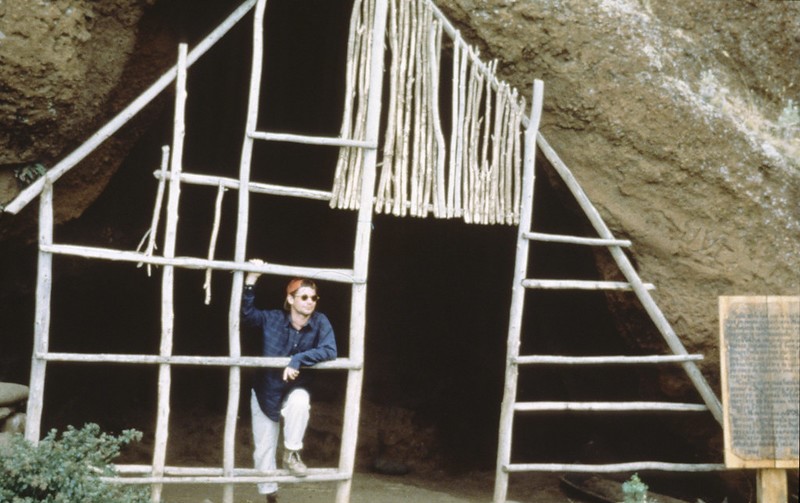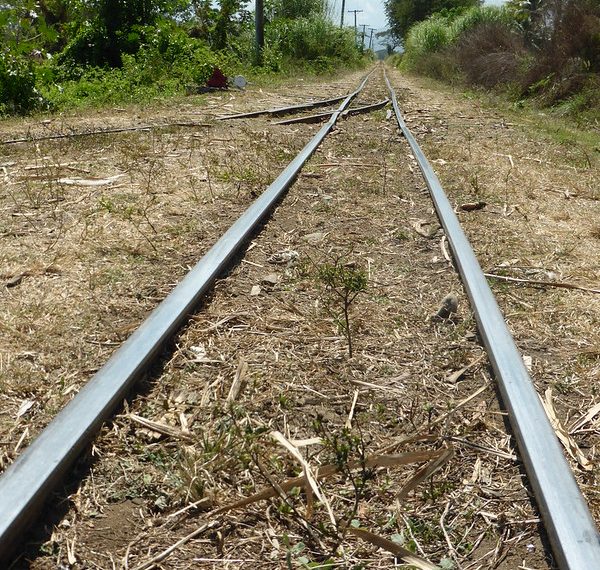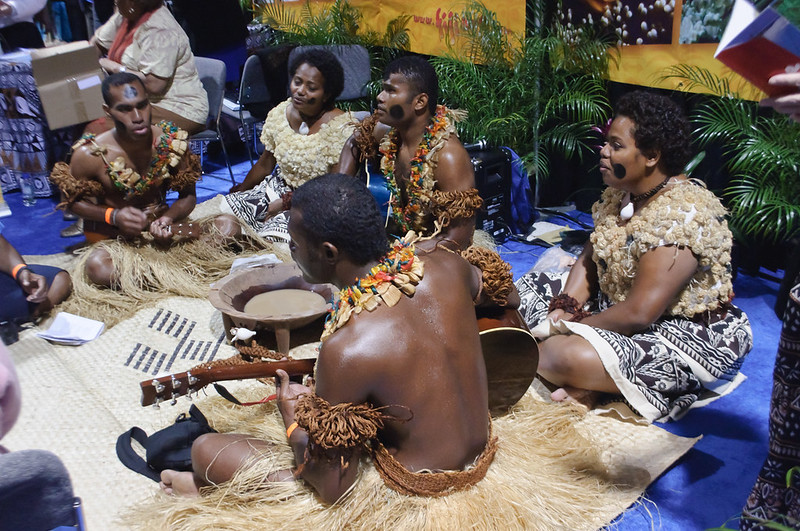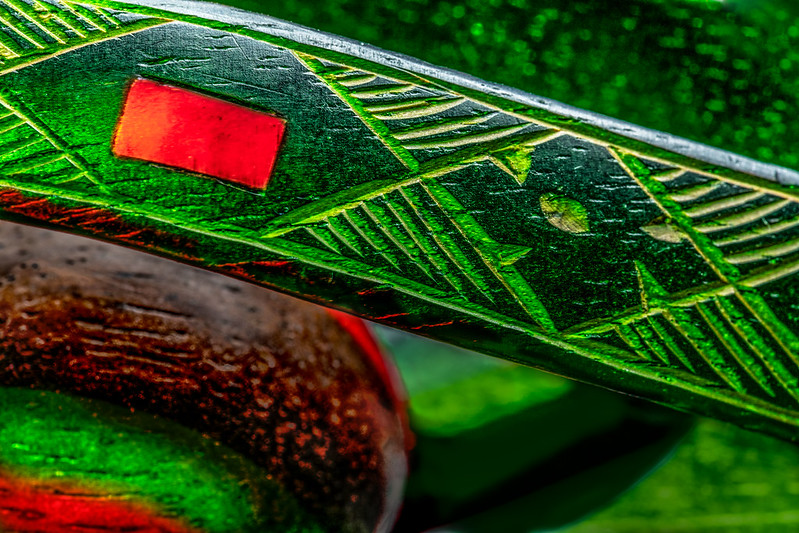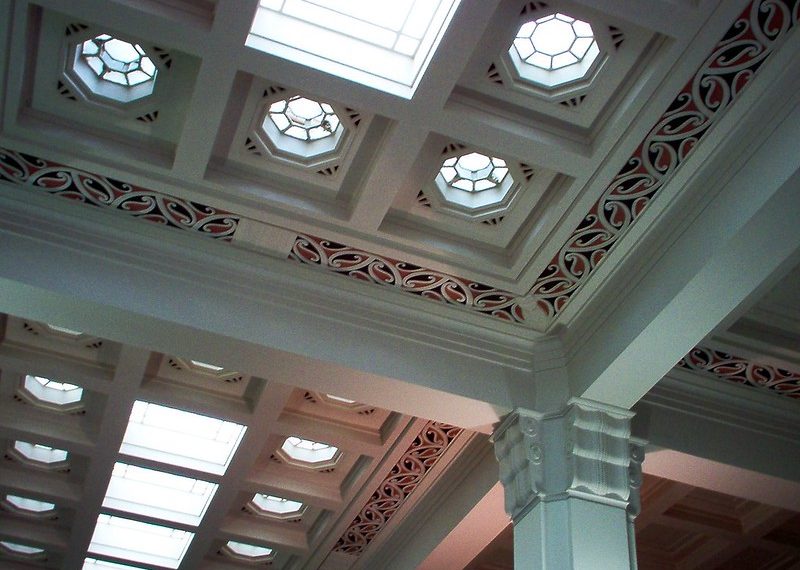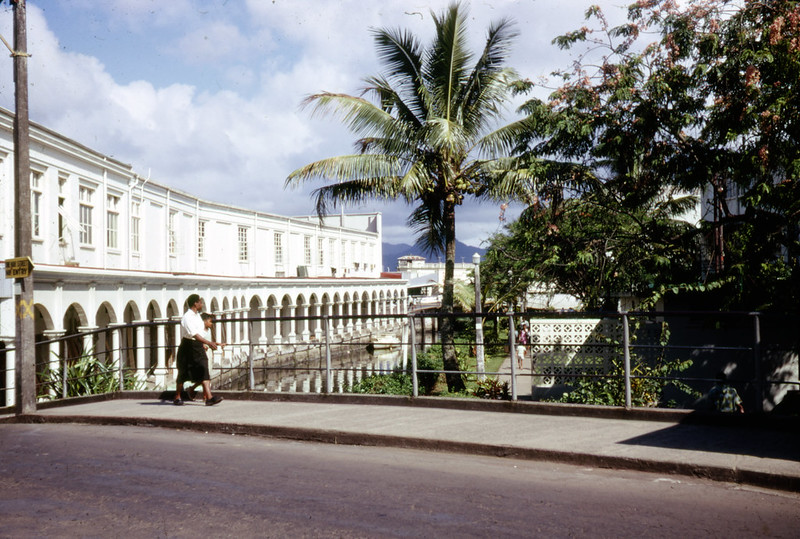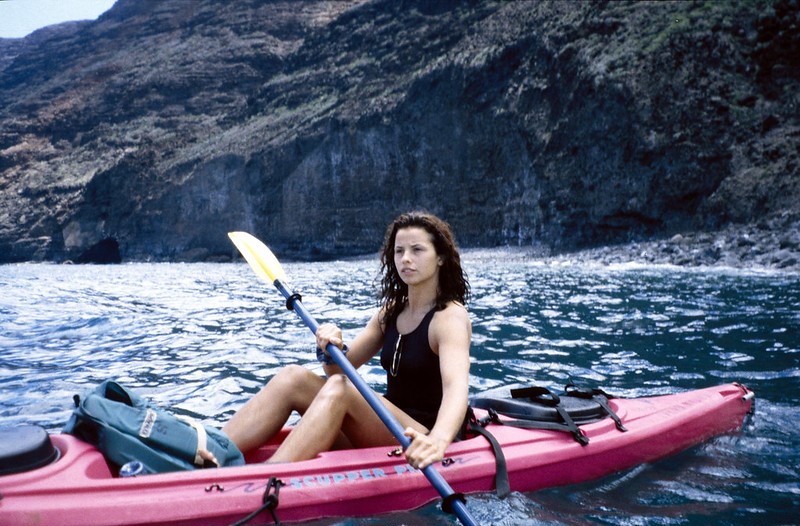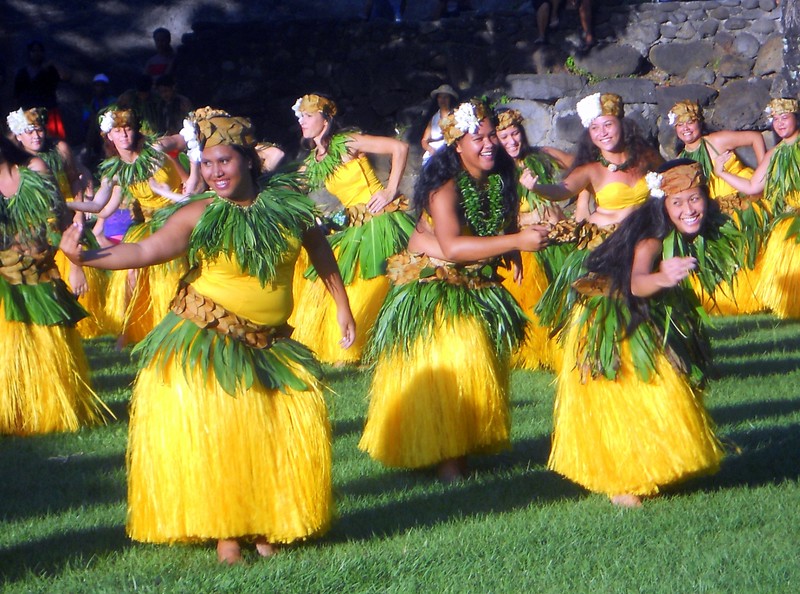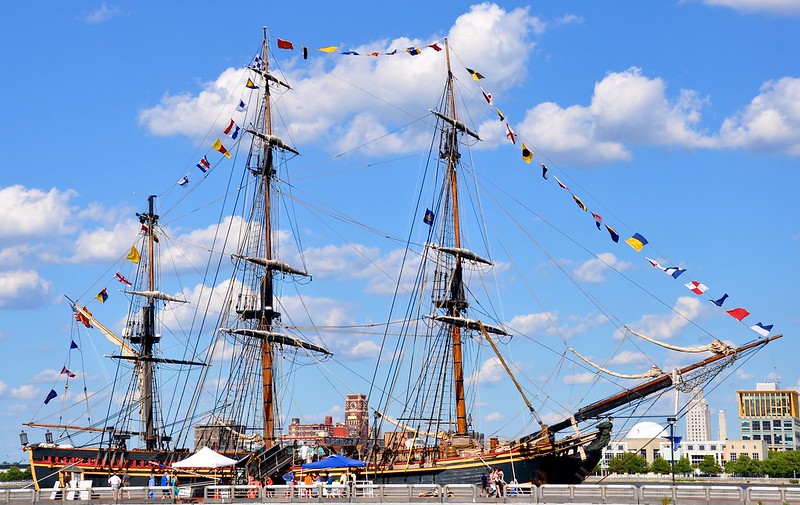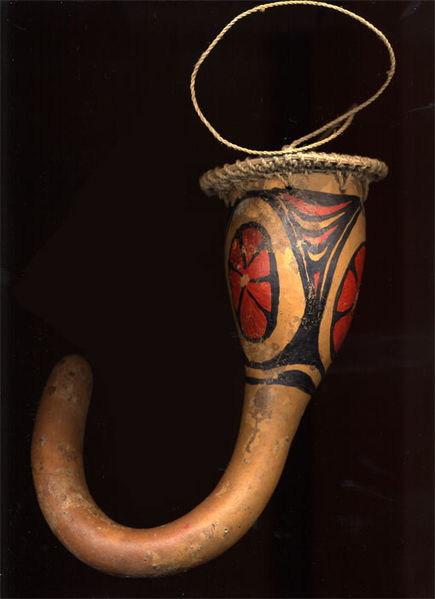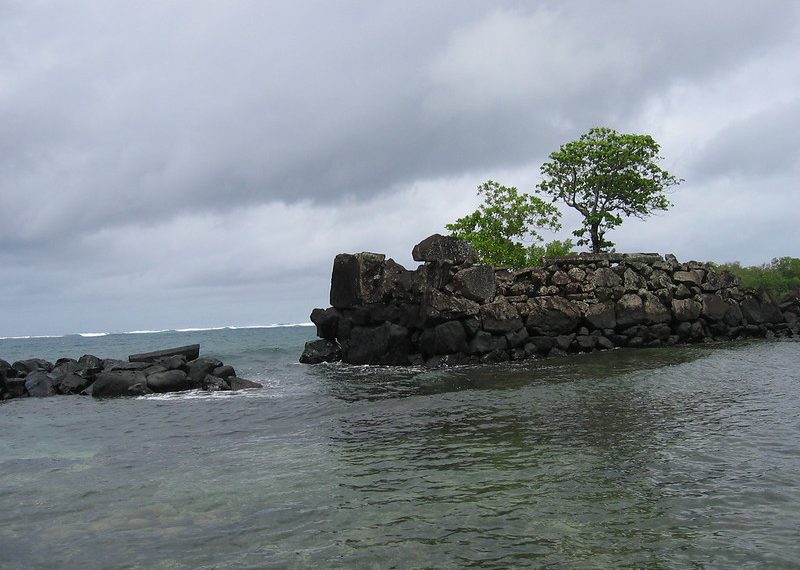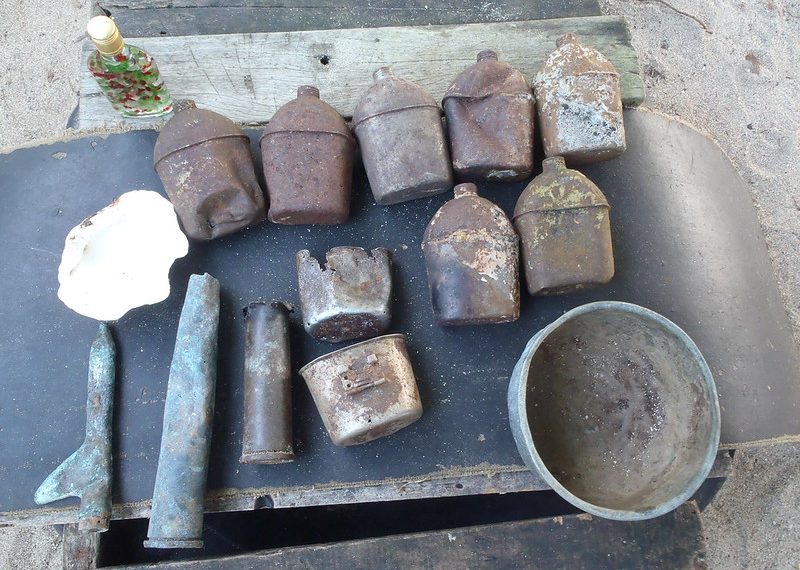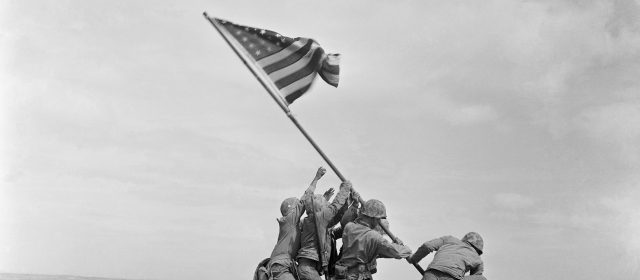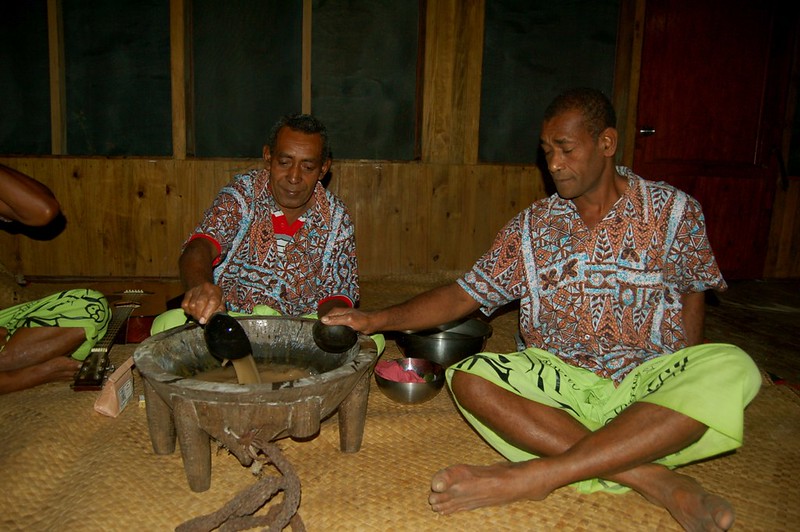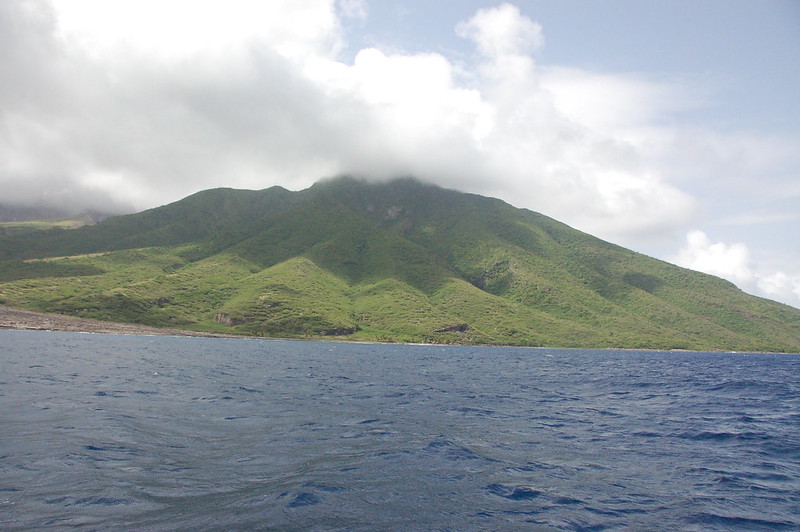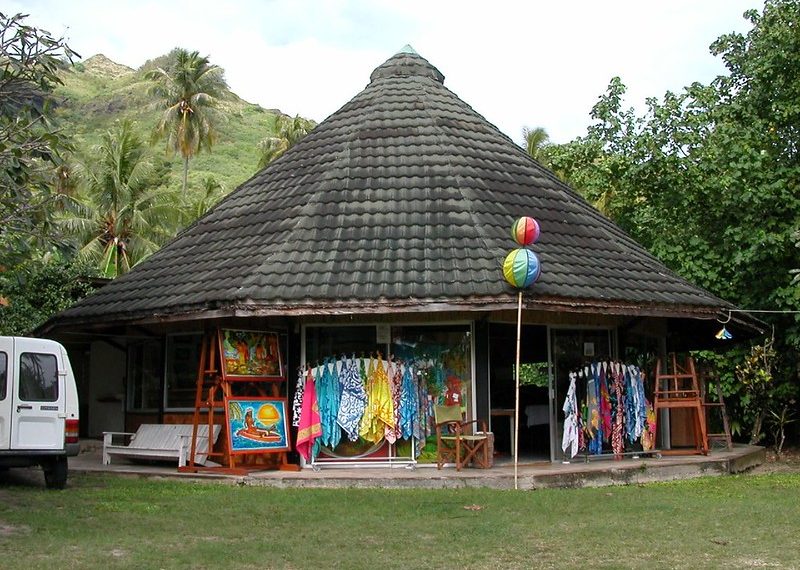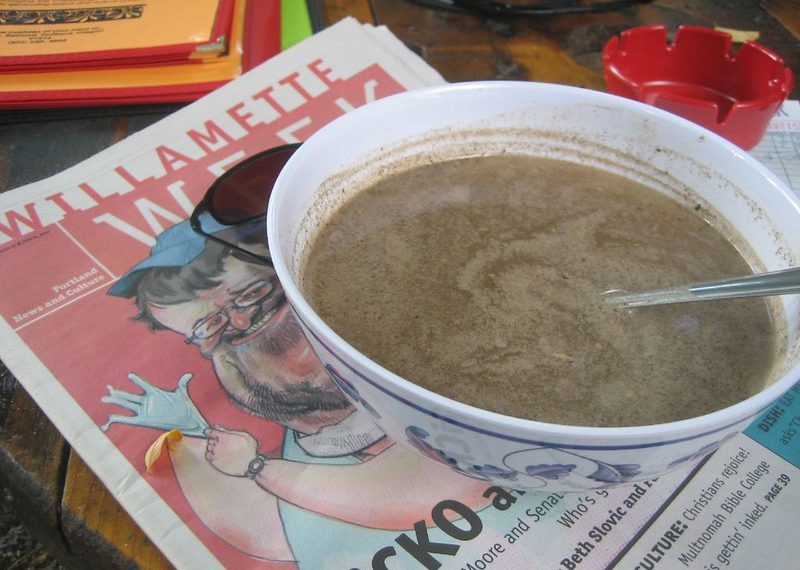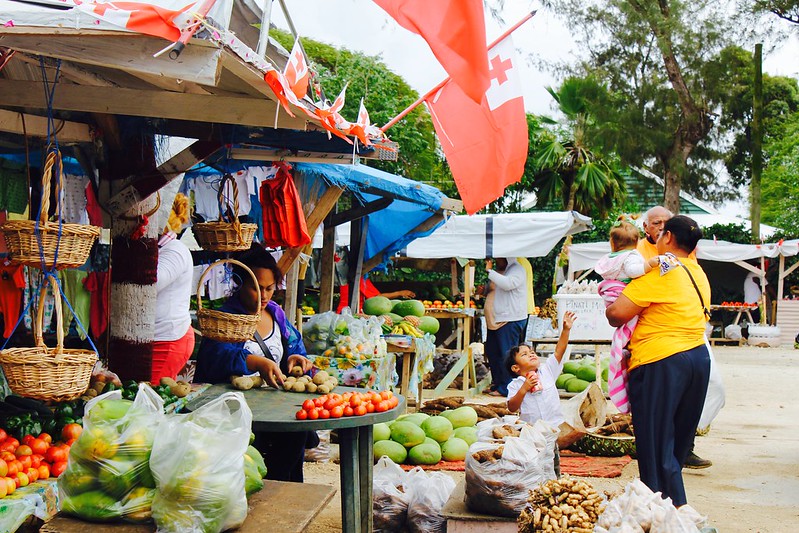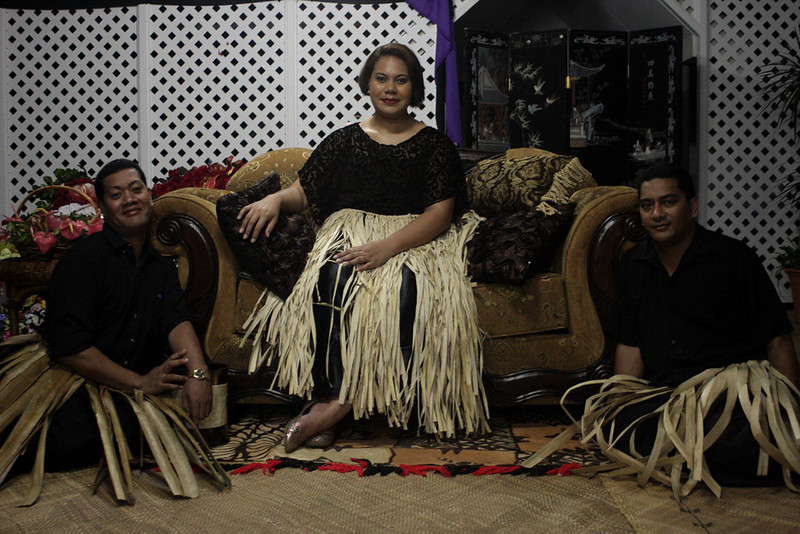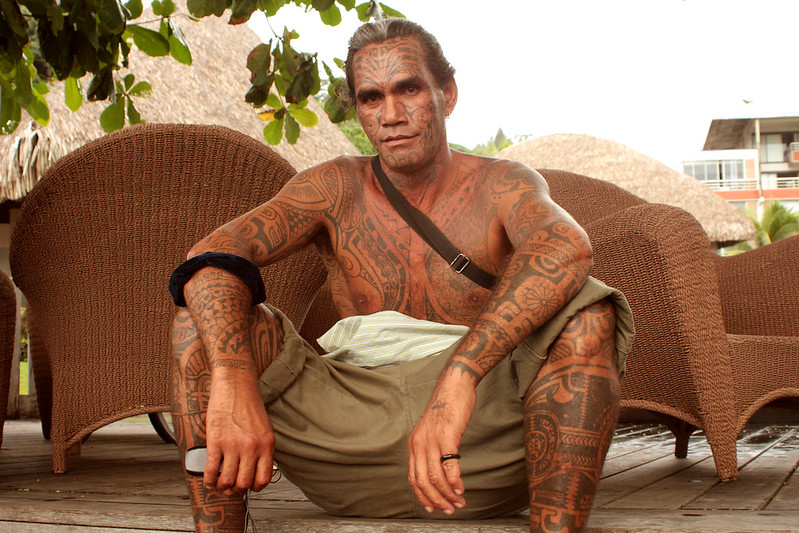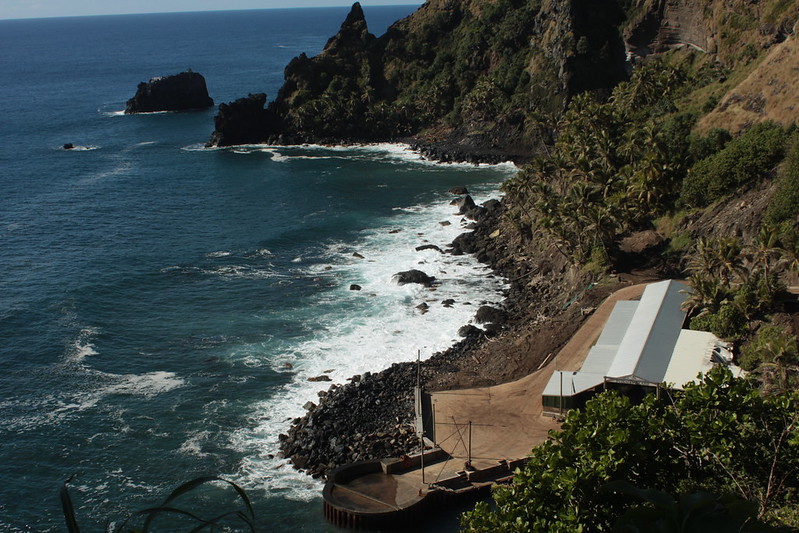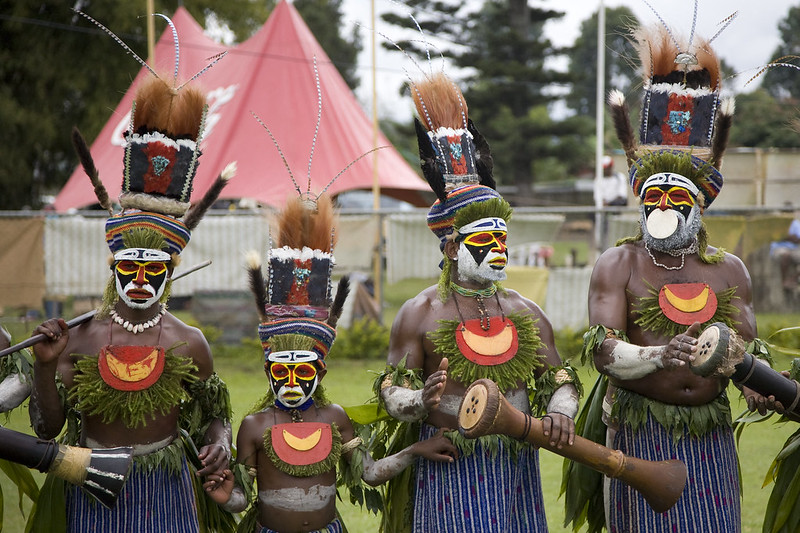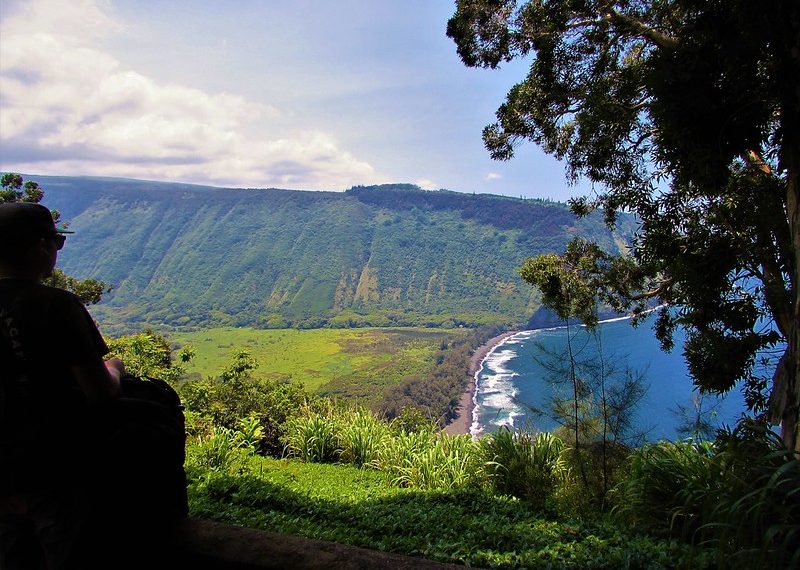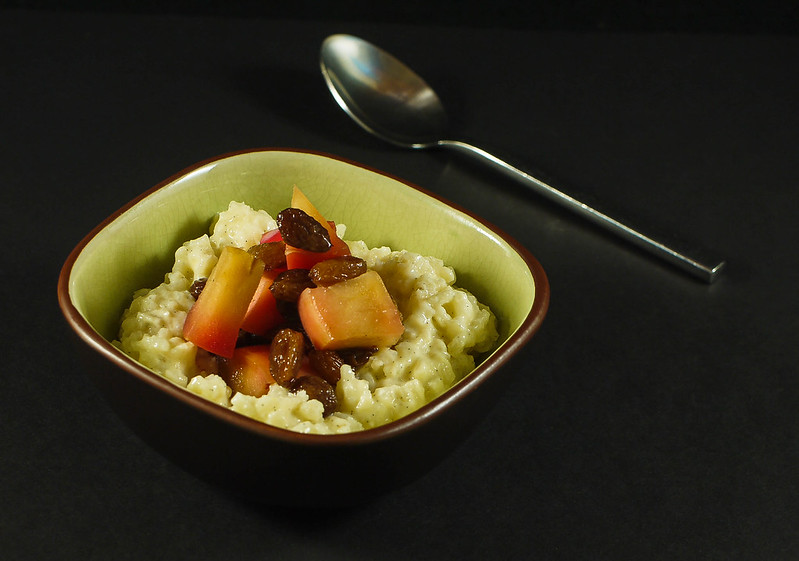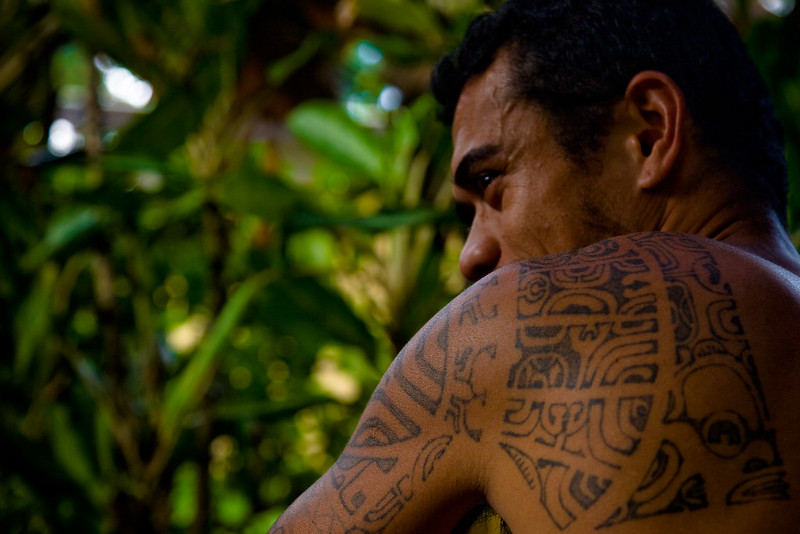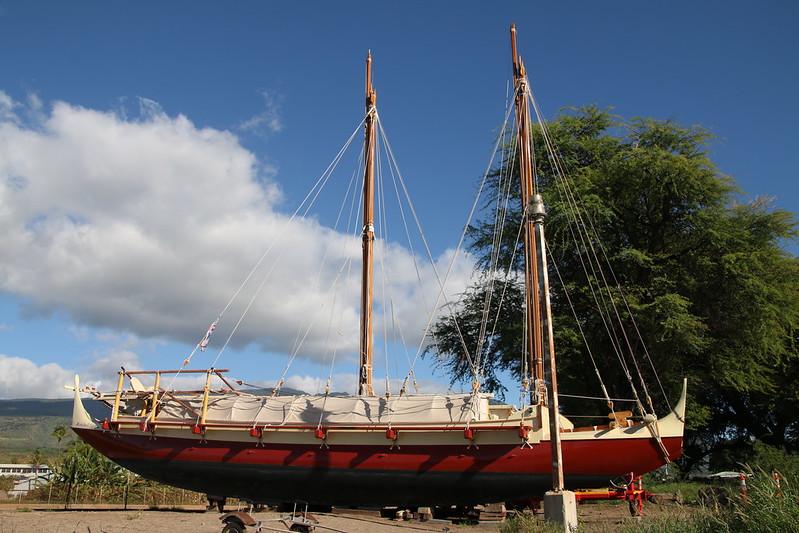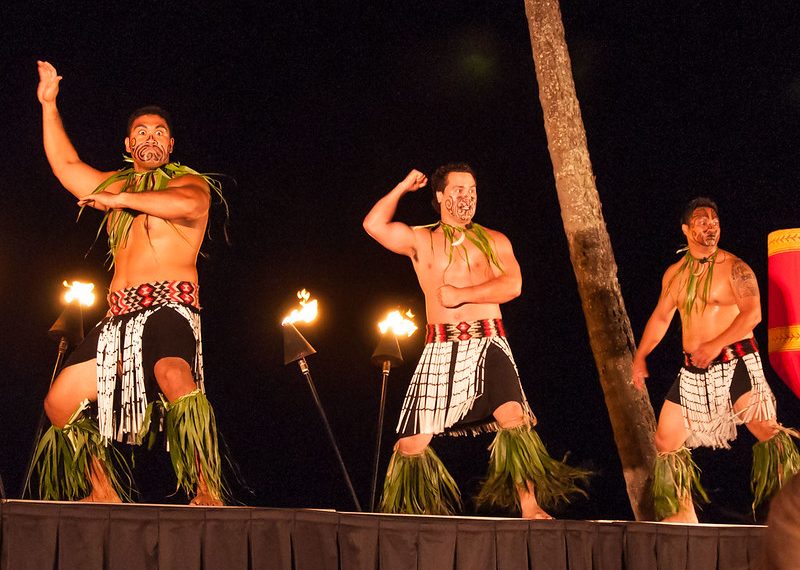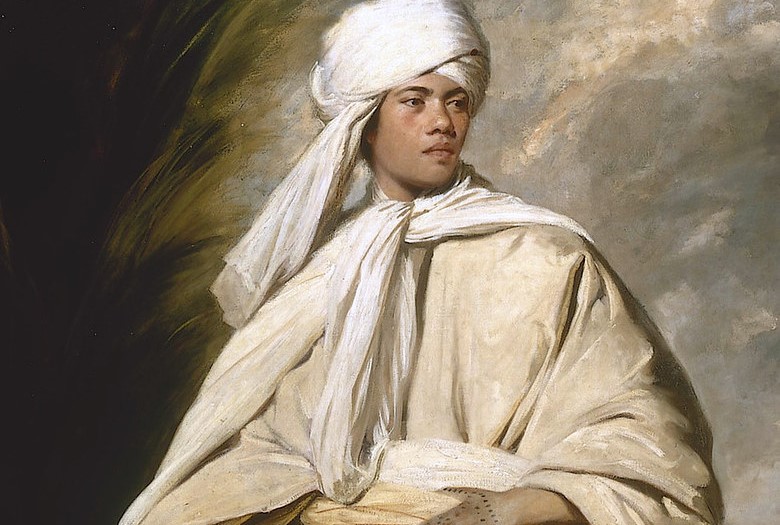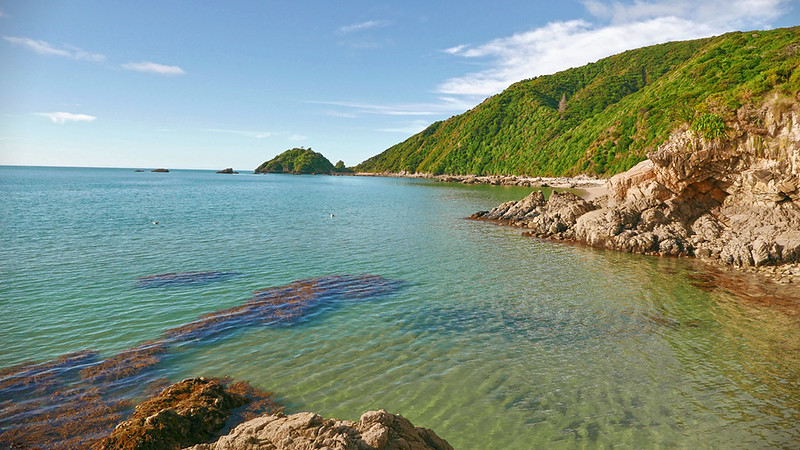Climate
Tonga has a semitropical climate – apart from the northernmost islands where truly tropical conditions occur. Temperatures range between 16 and 21 °C (60 and 70 °F) in June and July and reach 27 °C (80 °F) in December and January. The mean annual humidity is 77%. The mean annual precipitation varies from 1620 mm in the Haʿapai Group to 2450 mm on Niuafoʿou. The northern islands, which are closest to the Equator, are particularly vulnerable to typhoons, which generally occur between December and April.
People
Almost the entire population is of Polynesian ancestry. Tongans are closely related to Samoans and other Polynesians in culture and language as well as in genetic heritage. There is also a small percentage of Melanesian influence through contact with Fiji. Intermarriage with Europeans has become more common, especially since the increasing out-migration of Tongans since the 1970s looking for job opportunities in the Western world.
Religion
Religion is a very important aspect of Tongan society and most families identify themselves as Christian. About one-third of Tongans belong to the Methodist Church, nearly one-fifth are Mormons and there are smaller proportions of Roman Catholics and members of the Free Church of Tonga. The remainder belong to smaller, mostly Protestant, denominations.
Language
The Tongan language is taught in primary schools and is the official language, in addition to English, which is studied as a second language.
Visas
A visa is not required for most visitors to enter Tonga for stays of one month or less, providing that the visitor holds a valid passport and an onward air or sea ticket (a one way yacht letter will have to be submitted by the master of the yacht prior to arrival), and the immigration authorities are satisfied that the visitor has adequate funds for the visit. Relevant health certificates may also be required.
You do not need a visa prior to arrival if you are a citizen from one of the following countries: Australia, Austria, Barbados, Belgium, Brazil, Brunei Darussalam, Canada, Cook Islands, Cyprus, Denmark, Dominica, Federated States of Micronesia, Fiji, Finland, France, French Polynesia, Germany, Greece, Ireland, Italy, Japan, Kirabati, Luxembourg, Malaysia, Malta, Marshall Islands, Monaco, Nauru, Netherlands, New Zealand, Niue, Norway, Palau, Papua New Guinea, Portugal, Russia, Samoa, Seychelles, Singapore, Solomon Islands, Spain, St Kitts & Nevis, St Lusia, St Vincent & the Grenadines, Sweden, Switzerland, The Bahamas, Turkey, Tuvalu, Ukraine, United Kingdom, United States of America, Vanuatu.
Travel
Generally, Tonga is a safe country to visit. Its bets to avoid late nightlife, as alcohol fuelled fights can be quite common. It is also best to check weather conditions before travel – especially during Cyclone Season (November -April). Severe weather may result in flooding, landslides, and disruption to essential services and infrastructure.
Currency
The currency in Tonga is Pa’anga. ATMs are available in the capital city Nuku’alofa and in the main towns of ‘Eua island and the Ha’apai island group.
Health
UK health authorities have classified Tonga as having a risk of Zika virus transmission.
There has been an increase in dengue fever cases recorded in Vavau. You should take measures to avoid being bitten by mosquitoes.
Health facilities in Tonga are basic. The range of drugs available is limited and modern equipment is in short supply. Medical evacuation from Tonga is required for most non-basic medical problems. Make sure you have adequate travel health insurance and accessible funds to cover the cost of any medical treatment abroad and repatriation.
